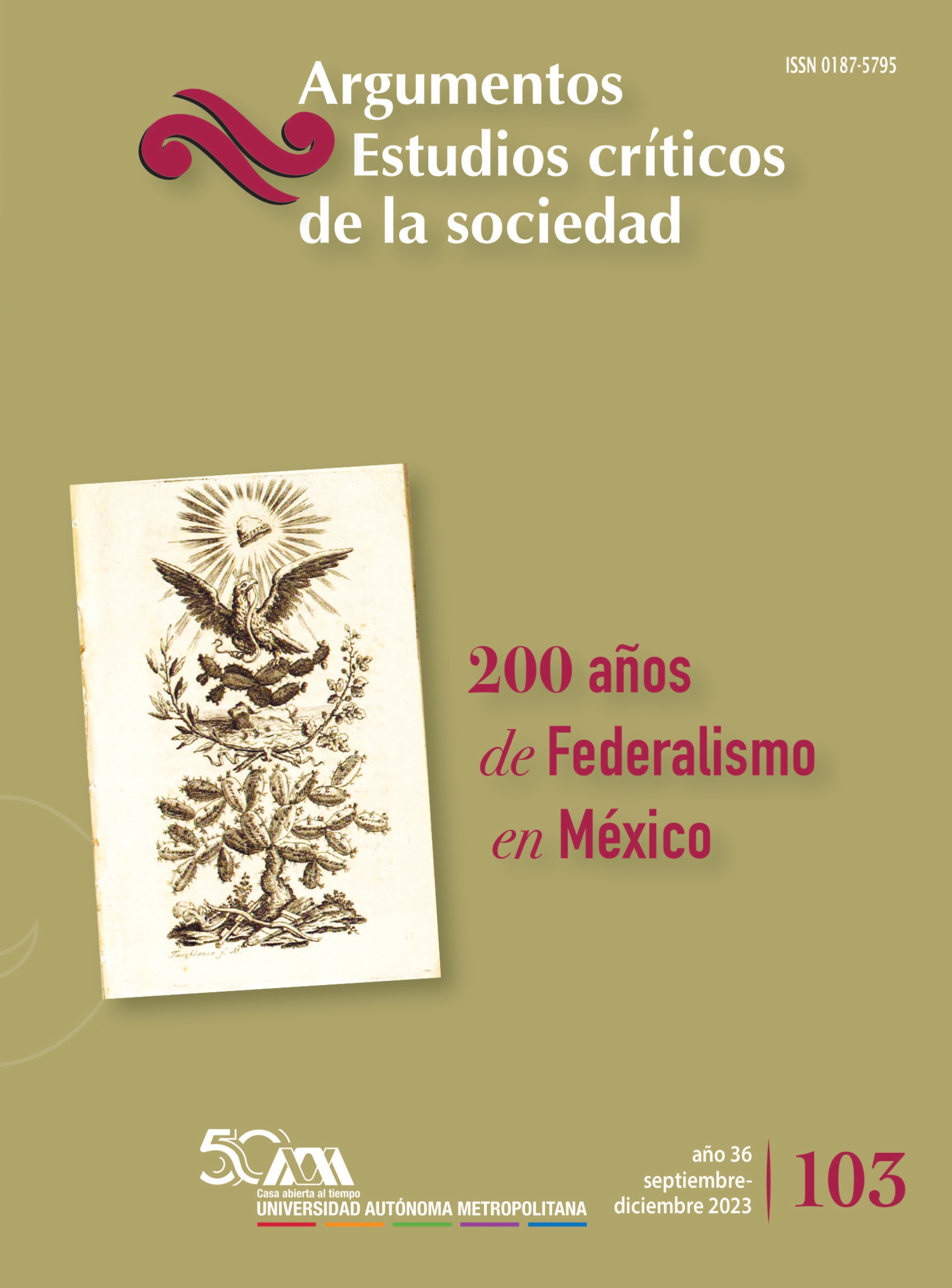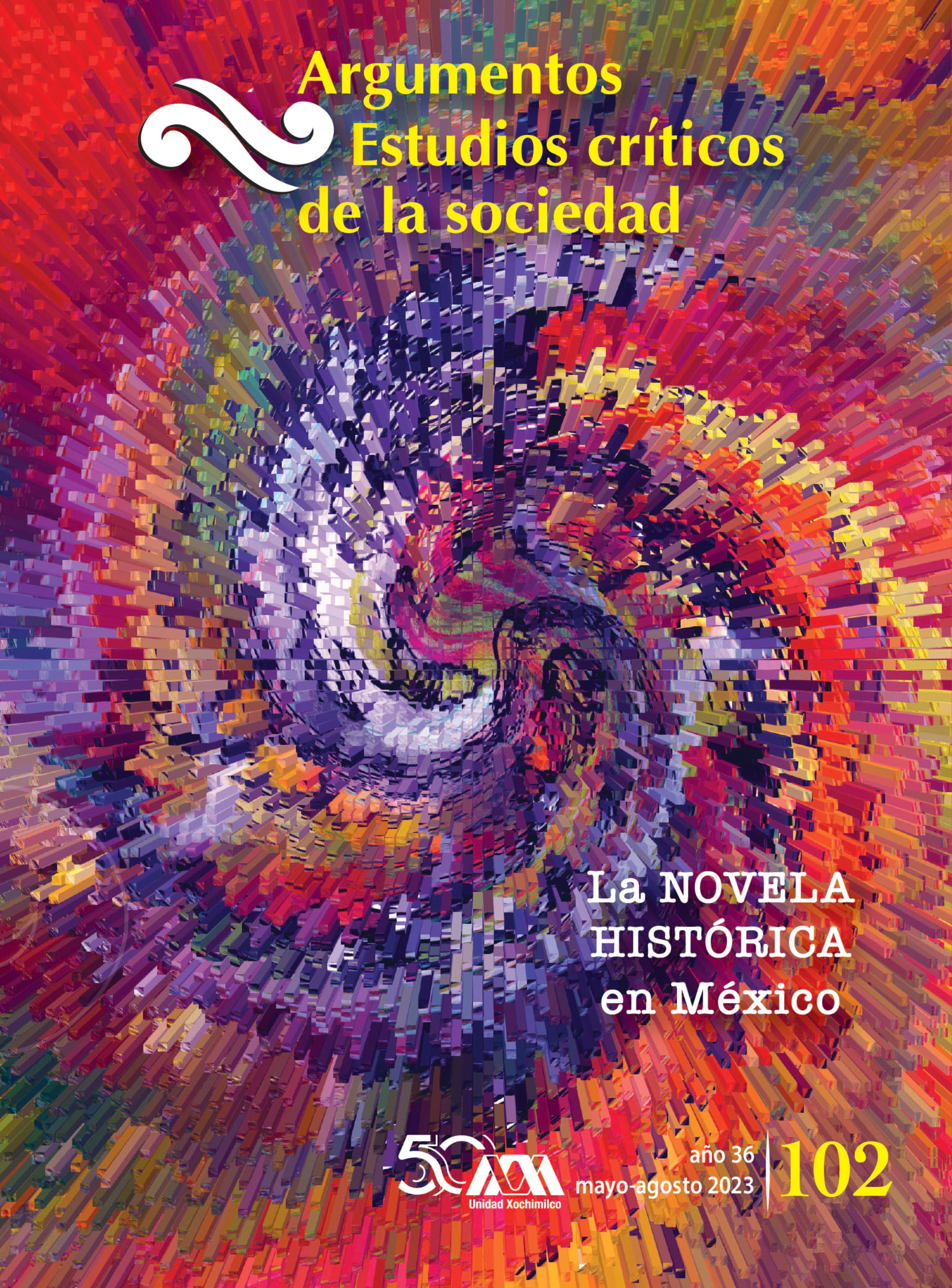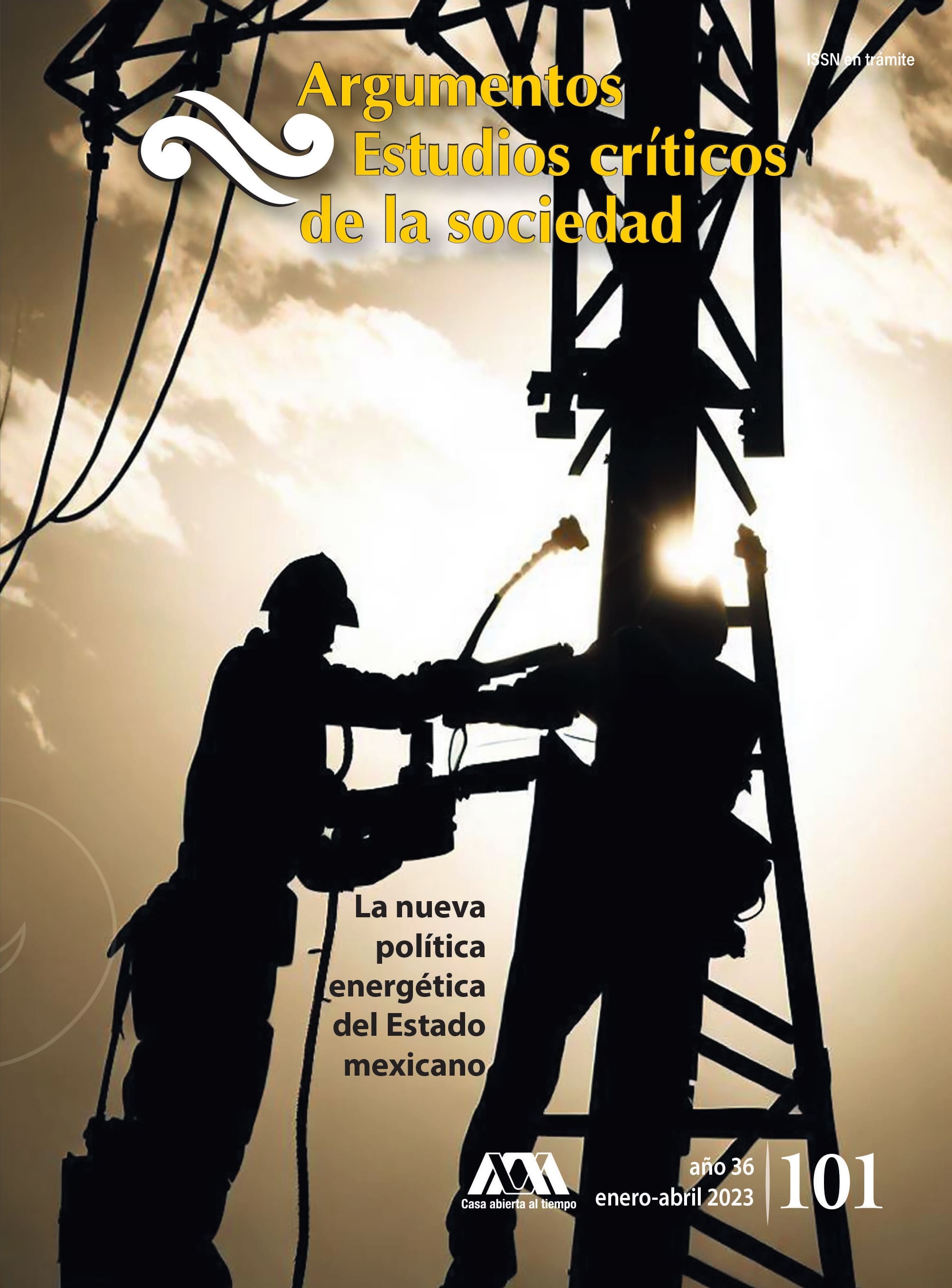A la orilla del abismo: una mirada al sistema internacional de negociaciones climáticas.
DOI:
https://doi.org/10.24275/uamxoc-dcsh/argumentos/202092-01Keywords:
climate change, iinternational institutions, non-compliance, United Framework Convention on Climate ChangeAbstract
This article analyzes the main obstacles within the multilateral negotiation scheme, established by the United Nations Framework Convention on Climate Change, that have prevented an adequate response to the problem. To this end, it is based on the premise that such failure is due to a set of factors, inherent to the operation of the Convention: the principle of common but differentiated responsibility, the adoption of the strategy of Anticipated Contributions Determined at the National Level and the inability of international institutions to create effective mechanisms of sanctions for non-compliance. It also offers possible answers to overcome such obstacles and solve the phenomenon.
References
Edenhofer, Ottmar y Ulrike Kornek (2016). “Coordinated CO2 Prices and Strategic Transfers”, en Stavins, Robert y Robert Stowe (eds.), The Paris Agreement and Beyond: International Climate Change Policy Post-2020. Cambridge: Harvard Project on Climate Agreements, pp. 65-67.
Estrada, Raúl (2012). “¿Fue un error de Estados Unidos no ratificar el Protocolo de Kyoto?”, Ambiente y Comercio [http://www.ambienteycomercio.org/%C2%BFfue-un-error-de-estados-unidos-no-ratificar-el-protocolo-de-kioto/ ], fecha de consulta: 3 de enero de 2020.
Giddens, Anthony (2011). The Politics of Climate Change. Cambridge: Polity Press.
Harstad, Bård (2016). “Making Paris Sustainable”, en Stavins, Robert y Robert Stowe (eds.), The Paris Agreement and Beyond: International Climate Change Policy Post-2020. Cambridge: Harvard Project on Climate Agreements, pp. 33-36.
Jentleson, Bruce (2014). American Foreign Policy. The Dynamics of Choice in the 21st Century. Durham: Duke University.
Keohane, Robert (1989). Instituciones internacionales y poder estatal. Buenos Aires: Grupo Editorial Latinoamericano.
Liang, Wei (2010). “Changingclimate? China’s new interest in global climate change negotiations”, en Kassiola, Joey y Sujian Guo (eds.), China’s Environmental Crisis. Nueva York: Palgrave Macmillan, pp. 61-84.
Nordhaus, William (2013). The Climate Casino. Risk, Uncertainty and Economics for a Warming World. New Haven: Yale University Press.
Organización de las Naciones Unidas (ONU) (1992). Convención Marco de las Naciones Unidas sobre Cambio Climático. Bonn: ONU [http://unfccc.int/resource/docs/convkp/convsp.pdf ], fecha de consulta: 3 de enero de 2020.
—— (1998). Protocolo de Kyoto de la Convención Marco de las Naciones Unidas sobre Cambio Climático. Bonn: ONU [http://unfccc.int/resource/docs/convkp/kpspan.pdf ], fecha de consulta: 3 de enero de 2020.
—— (2001). Informe de la Conferencia de las Partes sobre su Séptimo Periodo de Sesiones, celebrado en Marrakech del 29 de octubre al 10 de noviembre de 2001. Bonn: ONU [http://unfccc.int/resource/docs/spanish/cop7/cp713a03s.pdf#page=7 ], fecha de consulta: 3 de enero de 2020.
—— (2016). Adoptionofthe Paris Agreement. Bonn: ONU [http://unfccc.int/files/meetings/paris_nov_2015/application/pdf/cop_auv_template_4b_new__1.pdf ], fecha de consulta: 3 de enero de 2020.
Panel Intergubernamental de Cambio Climático (IPCC) (2013). Climate Change 2013. Nueva York: Cambridge University Press.
—— (2018). Global Warming of 1.5 °C. An IPCC Special Report on the impacts of global warming of 1.5 °C above pre-industrial levels and related global greenhouse gas emission pathways, in the context of strengthening the global response to the threat of climate change, sustainable development, and efforts to eradicate poverty. Ginebra: Panel Intergubernamental de Cambio Climático [https://www.ipcc.ch/sr15/ ], fecha de consulta: 3 de enero de 2020.
Parry, Ian (2019). “Ponerle precio a la contaminación”, Finanzas y Desarrollo, vol. 56, núm. 4. Washington: Fondo Monetario Internacional, pp. 16-19.
Prado, Juan (2014). “El liberalismo institucional”, en Shiavon, Juan et al. (eds.), Teoría de las relaciones internacionales en el siglo XXI: interpretaciones críticas desde México. México: Benemérita Universidad Autónoma de Puebla/El Colegio de San Luis/Universidad Autónoma de Baja California/Universidad Autónoma de Nuevo León/Universidad Popular Autónoma del Estado de Puebla, pp. 251-269.
Rodríguez, Manuel (2010). “El Protocolo de Kyoto: ¿un fracaso sin fin?”, en García, María del Pilar y Óscar Amaya (comps.), Derecho y cambio climático. Bogotá: Universidad Externado de Colombia, pp. 192-227.
Rodríguez, Manuel et al. (2015). Cambio climático, lo que está en juego. Bogotá: Universidad de Los Andes/Friedrich-Ebert-Stiftung/WWF/Fondo Nacional Ambiental.
Thompson, Alexander (2016). “The Future of the Financial Mechanism: Analysis and Proposals”, en Stavins, Robert y Robert Stowe (eds.), The Paris Agreement and Beyond: International Climate Change Policy Post-2020. Cambridge: Harvard Project on Climate Agreements, pp. 87-90.
Unmübig, Bárbara (2012). Crítica a la economía verde. Impulsos para un futuro social y ecológicamente justo. Santiago de Chile: Fundación Heinrich Böll.
Weiss, Thomas (2013). Global Governance. What? Why? Whither? Cambridge: Polity Press.
World Resources Institute (2020). Climate Watch [https://www.climatewatchdata.org/ ], fecha de consulta: 3 de enero de 2020.








